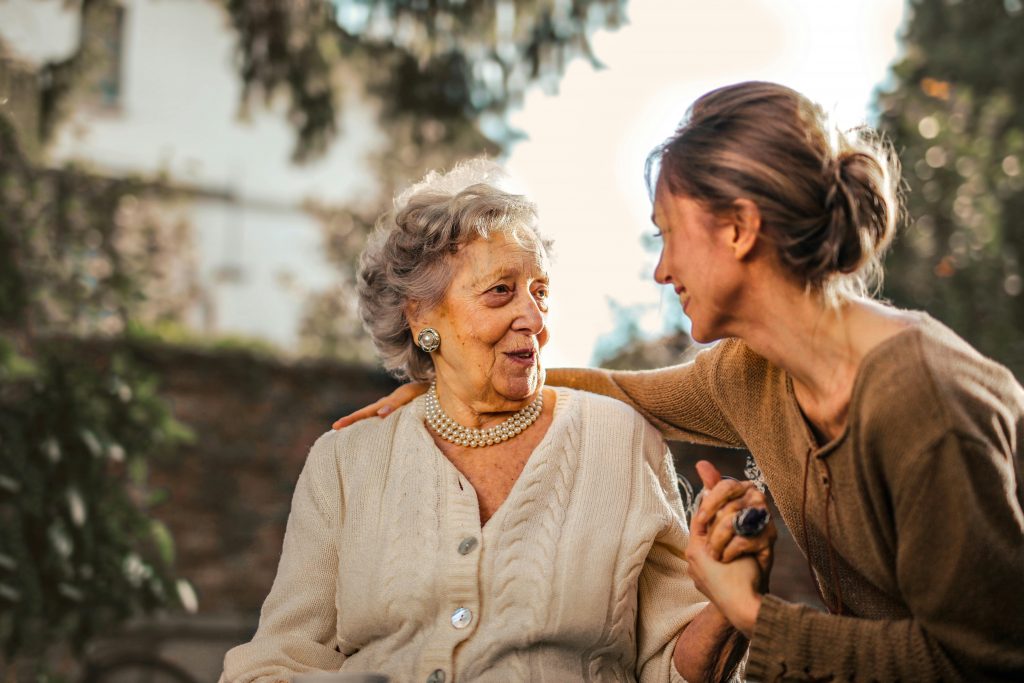
- Assess senior loved ones’ health to tailor care plans and determine necessary medical equipment.
- Update home environments to minimize hazards and enhance accessibility with improved lighting and safety installations.
- Create regular schedules for meals, medications, and activities to provide structure and reduce senior anxiety.
- Keep open communication with elders and caregivers, and prioritize caregiver self-care to avoid burnout.
Caring for elderly loved ones can be a rewarding yet challenging experience. As our loved ones age, they may require additional support and care to maintain their quality of life. Home health care is a popular option for many families, as it allows seniors to receive the assistance they need while remaining in their homes. This blog will discuss essential tips for providing home health care for your elderly loved ones.
Assess Their Needs
The first step in providing home health care for your elderly loved one is to assess their needs. Take the time to evaluate their physical and mental health, as well as any chronic conditions they may have. This will help you determine what level of care they require and what type of support services are necessary. Consider consulting with a healthcare professional to get a comprehensive assessment and create a care plan tailored to your loved one’s needs.
Assessing your loved one’s needs will also allow you to identify what type of medical equipment you might need to invest in. For example, you might need to purchase a hospital bed if your loved one has mobility issues. A hospital bed can help prevent falls and promote better rest, which is crucial for seniors’ overall health. It also allows caregivers to adjust the bed’s height for ease of care.
Create a Safe Environment
Making sure that your loved one’s home is safe and accessible is crucial for their well-being. There are many things you can do to create a safer environment. Here are four key areas to focus on:
Remove Tripping Hazards
Removing tripping hazards is essential to prevent falls. This includes removing clutter, securing loose carpets or rugs, and ensuring that all pathways are clear.
Install Grab Bars
Installing grab bars in the bathroom and other areas where your loved one may need assistance can help prevent accidents. These bars provide stability when standing up or sitting down and can also be used as a support while walking. Make sure they are securely installed and can support your loved one’s weight.
Improve Lighting
As we age, our eyesight tends to decline, making it challenging to see in dimly lit areas. Ensure there is adequate lighting throughout the house, especially in hallways, staircases, and entrances. Consider installing motion-sensor lights for added convenience.
Add Handrails
If your loved one has difficulty with mobility, consider adding handrails to staircases and hallways. This can provide additional support when walking up and down stairs or navigating through the house.
By ensuring the environment is safe and accessible, you can give your loved one the confidence to move around their home without fear of accidents or injuries.
Implement a Routine

Establishing a routine can help provide structure and stability for your loved one. Create a schedule for meals, medication reminders, exercise, social activities, and rest periods. Consistency can help reduce anxiety and confusion in elderly individuals, especially those with cognitive impairments. Be flexible with the routine and make adjustments as needed based on your loved one’s preferences and abilities.
Communicate Effectively
Open communication is key when providing home health care for elderly loved ones. Keep lines of communication open with your loved one about their preferences, concerns, and needs. Encourage them to express themselves and participate in decisions regarding their care whenever possible. It’s also important to communicate regularly with other family members or caregivers involved in the care of your loved one to ensure everyone is on the same page.
Take Care of Yourself
Providing home health care for an elderly loved one can be draining at times. It’s essential to prioritize self-care and seek support when needed. Make time for yourself to recharge by engaging in activities you enjoy, resting, eating nutritious meals, and staying connected with friends and family members. Consider joining a support group or seeking professional counseling if you’re feeling overwhelmed or burnt out.
Providing home health care for elderly loved ones requires meticulous planning, continual learning, and a deep well of compassion. By assessing their needs, creating a secure living environment, establishing a consistent routine, maintaining open lines of communication, and taking care of your well-being, you can ensure your loved ones receive the care and respect they deserve in their later years. Remember that while the journey can be challenging, it is also filled with moments of profound connection and fulfillment.